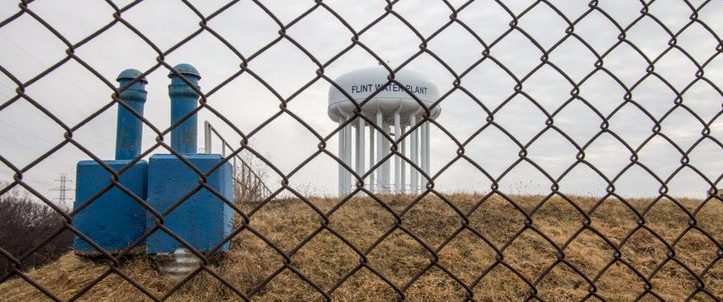 We’ve seen governments at all levels respond to the COVID-19 pandemic by creatively leveraging mission-critical technology systems to continue services and respond to evolving needs. Adding COVID-19 categories to existing 311 systems, using school bus transportation software to facilitate student meal delivery, leveraging data to inform action and communicate with the public, and exploring video technology for virtual courts are all examples.
We’ve seen governments at all levels respond to the COVID-19 pandemic by creatively leveraging mission-critical technology systems to continue services and respond to evolving needs. Adding COVID-19 categories to existing 311 systems, using school bus transportation software to facilitate student meal delivery, leveraging data to inform action and communicate with the public, and exploring video technology for virtual courts are all examples.
Examining new ways to use existing systems helps provide uninterrupted service to residents while maintaining business operations in times of crisis. The hard truth for governments is that the coronavirus will not be the last or only crisis.
What about environmental crises or natural disasters? It’s instructive, for these and other reasons, to explore additional examples of government ingenuity that are not only proven but scalable and replicable.
Flint Water Crisis
One such example is the well-known water crisis in Flint, Michigan, which began after a change in the city’s drinking water source. This severe public health crisis began in 2014 and resulted in lead poising, Legionnaires’ Disease, and unusable cooking and washing water in homes and businesses. The corrosive water from the Flint River further damaged industrial pipes – damage that was irreversible even after the water source switched back to the safe and clean Lake Huron. Damaged pipes meant continued contaminated water.
In this context of ongoing pipe replacement, a unique pain point arose. The many individuals buying or selling homes in Flint needed a way to know if the pipes that serviced those homes had been replaced. There was just no easy way to tell.
The Genesee County Register of Deeds, which services Flint, stepped in to solve the problem with a creative software adaptation. Through a new project, the office allows an affidavit of lead pipe remediation to be recorded on each city land record. The affidavits cover all properties affected by contamination and constitute official, legal publications that list the properties’ legal description, address and parcel number, in addition to pipework details. To make the information even easier to find, the county added lead pipe remediation to its technology system’s notification and search functionalities. Anyone searching Genesee County land records can quickly see if a specific property has undergone lead pipe remediation.
The new notifications and affidavits provide homebuyers with essential pipe remediation information. The project also fosters new collaboration between the city of Flint, Genesee County, and the state of Michigan, creating a stronger connection that will better serve constituents well into the future.
This creative use of modern technology is instructive in a very practical way for counties nationwide that may face environmental or other disasters in the future. Leveraging existing technology for notification and transparency might not be the most glamorous story, but directly meeting constituent needs and improving service in a practical way are critical building blocks for vibrant communities and improved lives.
Meredith Trimble is a former municipal official and Town Council Acting Chair, who focused on strategic planning, annual budgeting and bonded infrastructure projects. Her government experience also includes posts in both federal and state-level executive branch agencies: Associate Editor of the U.S. Federal Election Commission’s FEC Record; and Director of Education for the Connecticut Office of State Ethics. In her current role as a Senior Content Specialist with Tyler Technologies, Inc., she writes content to help empower those who serve the public. Her current focus is to help facilitate data-enabled organizations as well as to create connections between governments and those they serve.





Leave a Reply
You must be logged in to post a comment.